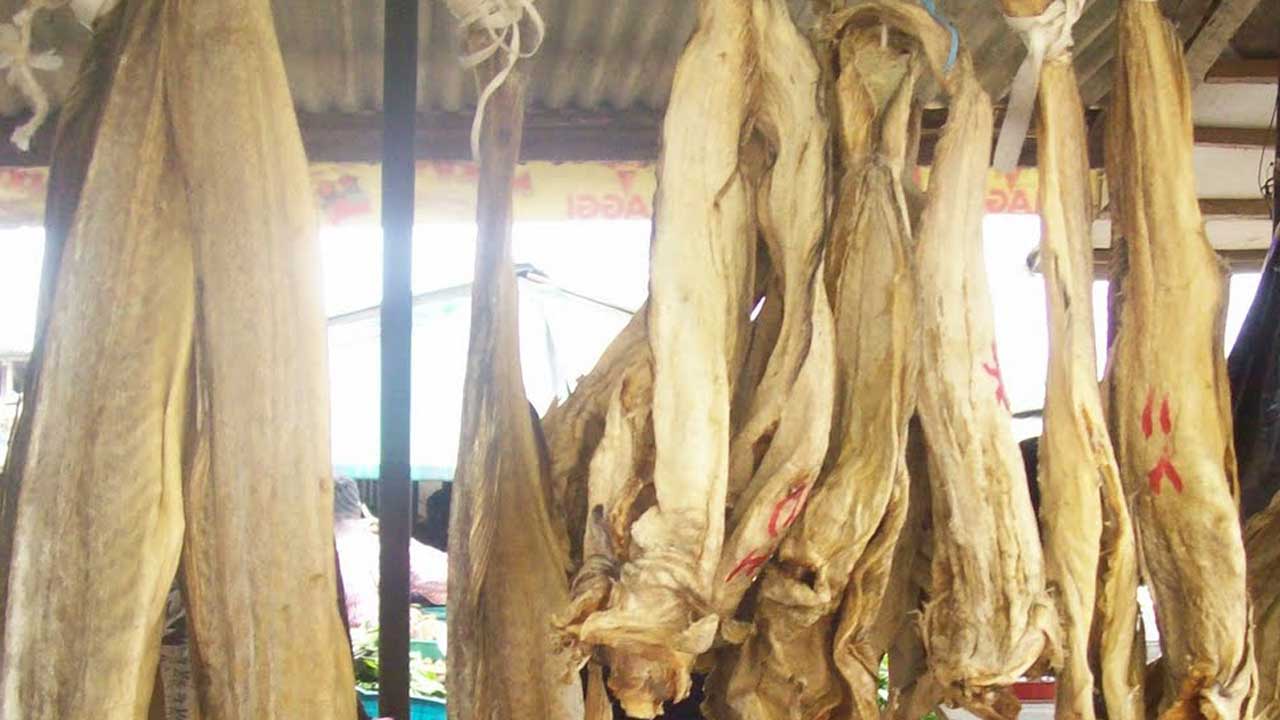The Niger State governor, Mohammed Umar Bago, has called for a radical shift from food security to food sovereignty in Nigeria, stressing the need for greater investment in agriculture and the decolonisation of the nation’s food systems.
Bago, who made the call in his keynote address at the World Food Day Forum, themed: “Food Security to Food Sovereignty: How Far Has Nigeria Gone?” organised by the Nigerian Institute of International Affairs (NIIA), in Lagos, said agriculture must be placed at the heart of Nigeria’s economic and foreign policy agenda if the country is to achieve genuine self-reliance and prosperity.
The governor, who described himself as a ‘farmer-governor’, said: “Food sovereignty transcends access to food. It is about control, dignity, and self-determination. We can import food, but for how long can we continue? The path forward begins with decolonising our food systems and asserting strategic autonomy over what we eat, how we produce it, and who benefits from it.”
He commended the NIIA for deepening the national conversation on food policy, noting that the disparity between Nigeria’s rapid population growth and slow-paced food production threatens national stability.
“While our population grows geometrically, food production remains arithmetical. This gap must be bridged through deliberate investment in agriculture, mechanisation, irrigation, and value chain infrastructure,” he stated.
The Niger State governor decried the nation’s overreliance on imported staples such as rice and wheat, saying the situation drains foreign reserves and weakens local food systems. He described this as a form of “agricultural imperialism” perpetuated by global interdependence without equality.
Highlighting ongoing initiatives in Niger State, he revealed that his administration has signed a N1.8tr agreement with the Dangote Group to develop what he called “a living model of agricultural transformation.”
He also announced a partnership between Niger and Lagos states aimed at large-scale food production to meet the needs of Nigeria’s most populous state.
“Lagos consumes the most but has limited land. Niger has the land and water resources. We are growing for Lagos, and this partnership will create thousands of jobs and enhance traceability in our food system,” he explained.
On livestock development, Bago lamented that Nigeria spends over $5b yearly on importing meat and dairy products, urging the Federal Government to prioritise livestock as part of its foreign policy with the Middle East.
He cited examples of partnerships with Saudi Arabia and the United Arab Emirates, whose high demand for protein presents economic opportunities for Nigerian farmers, particularly women, through livestock breeding programmes.
The governor also underscored the importance of farm mechanisation, youth engagement, and the establishment of farm estates to promote rural development and reduce unemployment. He disclosed that Niger State has procured thousands of tractors and working with international partners, including IITA and investors from Brazil and Belarus, to boost production capacity.
“We must move from subsistence to market-oriented agriculture. Farming is not poverty; farmers are the richest people globally. Our mindset must change. We can be farmers and still be leaders, diplomats, and innovators,” he said.
Bago called for better social protection for farmers, including access to insurance, mortgages, and affordable credit facilities. He disclosed that Niger State has established a microfinance corporation with an initial N2b capital to support outgrowers with single-digit loans.
The governor urged Nigerians to view farming as a noble enterprise capable of restoring national dignity and economic independence. “We are not just growing crops; we are cultivating sovereignty, prosperity, and the future of our nation,” he said.
On his part, the Director General, NIIA, Prof. EghosaOsaghae, described the World Food Day as “a reminder that without food, there will be no world at all.”
He commended Governor Bago as “a foremost farmer and visionary leader whose agricultural revolution in Niger State is unparalleled.”
Osaghae highlighted Niger State’s strategic geopolitical importance as Nigeria’s “Power State,” home to major hydroelectric dams such as Kainji and Shiroro, and sharing borders with Benin Republic, positioning it as a key player in Nigeria’s international relations.
“Beyond being one of the 36 states, Niger State occupies a special place in our national map because of its geographic and diplomatic relevance. Under Governor Bago’s leadership, we have seen an unprecedented wave of agricultural mechanisation and what we now call livestock and fertiliser diplomacy.”
He commended the governor’s global outreach for agricultural partnerships with countries such as Brazil and Belarus, noting that his administration has “laid the foundation for sustainable agricultural diplomacy in West Africa.”
To honour Bago’s contributions, Osaghae announced the establishment of a new academic endowment, the Governor Mohammed Umar Bago Chair in Food and Human Security, at the NIIA. The chair, he said, would be endowed in perpetuity and open to international applicants, serving as an intellectual framework to sustain and expand Nigeria’s food policy discourse.
“This chair will consolidate all that the governor has initiated, emphasising youth and women empowerment, inclusivity, and the rights of people to livelihood,” the DG said.






